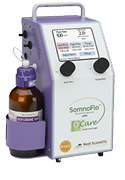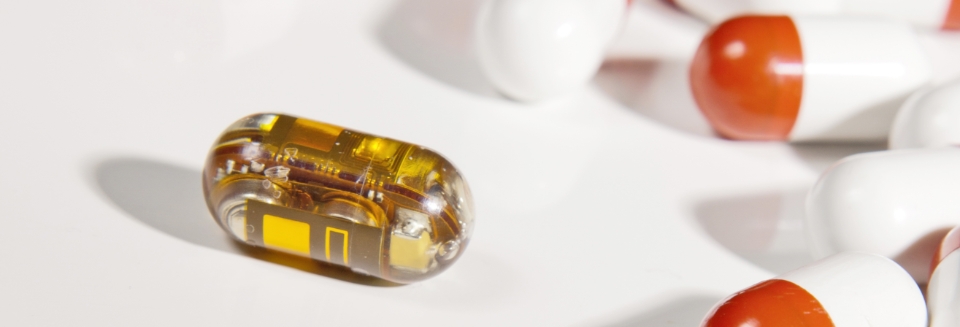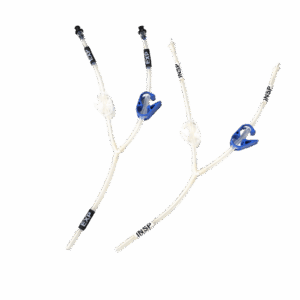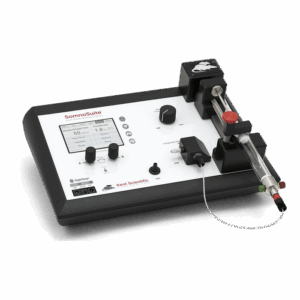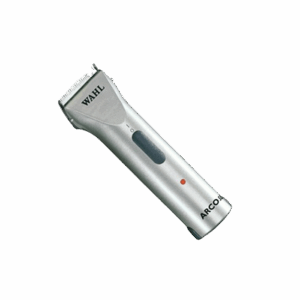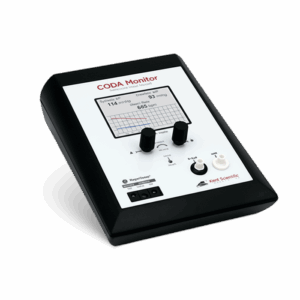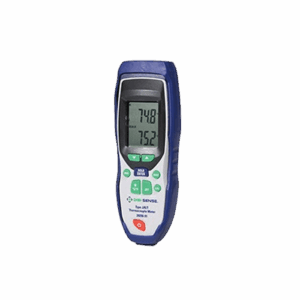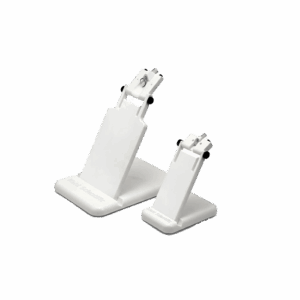




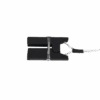
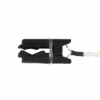

MouseSTAT® Jr.
Pulse oximeter & heart rate monitor
Pulse oximetry in the palm of your hand! The MouseSTAT® Jr. uses the same technology used in the PhysioSuite® system to provide you with accurate pulse oximetry in both mice and rats.
What you should know about measuring O2 saturation in awake animals >>
- Unlike the PhysioSuite, the MouseSTAT Jr. has two displays, one for heart rate and one for pulse oximetry.
- Its sole function is to provide heart rate and pulse oximetry measurements.
- Measures pulse oximetry on anesthetized animals with heart rates up to 900bpm.
Click here to view additional sensor styles.
Click here to see which pulse oximeter fits your research.
Need Help? Chat with an Expert
What you get on day one
Fits in the palm of your hand
Easily integrates into your anesthesia set-up
Clear display of heart rate and pulse oximetry
Quick view of vital signs allows you to focus on your animal
Visual alerts to confirm sensor placement
Identify and maintain accuracy at the sensor site
Scientific publications
Aberrant Dopamine System Function in the Ferrous Amyloid Buthionine (FAB) Rat Model of Alzheimer's Disease
Continue ReadingBlocking P2X7 by intracerebroventricular injection of P2X7-specific nanobodies reduces stroke lesions
Continue ReadingBrain capillary pericytes are metabolic sentinels that control blood flow through a KATP channel-dependent energy switch
Continue ReadingBrain-wide ongoing activity is responsible for significant cross-trial BOLD variability
Continue ReadingConservation of locomotion-induced oculomotor activity through evolution in mammals
Continue ReadingProduct comparison
| Products | MouseSTAT Jr. | PhysioSuite with MouseSTAT |
|---|---|---|
| Features | ||
| Oxygen saturation (SpO2) | ||
| Heart rate (HR) | ||
| Respiratory rate (RR) |
*
| |
| Perfusion index (PI) | ||
| Safety alarms | 2 | 5 |
| Options | ||
| Temperature monitor & homeothermic warming module (includes warming pad & probes) |
FREE RightTemp module
| |
| CO2 module (integrated) |
*
| |
| Data management | ||
| Internal memory | ||
| Export capability | ||
| Data acquisition capability | ||
| Display | ||
| Real-time | ||
| Values | Numeric | Alpha-numeric / graphical |
| User custom menu |
* Optional module
Need Help With Your Order?
Our product specialists are here to help with additional information on our products, grant proposals, orders and more. Give us a call today!
Call 888-572-8887
Help & Support
Have questions or need assistance? Our friendly team is ready to help with orders, shipping, or product care. Contact us anytime—we’re just a click away!
We reply fast, usually in 24 hours.
Frequently Asked Questions
Are the MouseSTAT Pulse Oximeter Sensors CT compatible?
Yes, all MouseSTAT sensors are CT compatible.
Can I output data?
No, MouseSTAT Jr does not currently support data export.
Can the MouseSTAT Pulse Oximeter be used on awake animals?
Scientists in search of equipment to meet their study needs should be aware that there are legitimate questions regarding even the possibility of taking these measurements in mobile animals. In reality, there is currently no system capable of 100% reliably measuring pulse ox in active, conscious animals.
The reasons for this are many. First, the sensor must be considered. Systems using neck or throat-fitted optical sensors rely on them being affixed to the animal at the prescribed region while tethered by a cable to the monitor’s controller. The stress of initially applying the sensor in either of these areas causes variations in heart rate and pulse oxygenation and make natural readings unobtainable. Once acclimated to wearing them, the animal must adapt to essentially being at the end of a leash, again, an unnatural condition resulting in skewed readings.
Arguably, placing a conscious animal in an individual animal holder, pacifying and acclimating it to the environment and applying an unobtrusive sensor to its paw is far less disruptive to their normal conditions, and more conducive to acquiring readings that can be relied on.
Remember, any method of restraining your animal will affect the data you’re able to collect. Minimizing the stress of the procedure, reducing the duration of the monitoring period and accelerating how quickly the animal is able to adapt all can have an impact in acquiring more reliable, reproducible readings.
Is the MouseSTAT compatible with my stereotaxic system?
Yes, the Mouse STAT can be used alongside your stereotaxic frame.
Can I sterilize the controller with vaporized hydrogen peroxide (VHP)?
Yes, the controller can be sterilized with hydrogen peroxide gas (or VHP). You may use the same sterilization protocol used for laptop computers and other electronics in your facility. Be sure to open any caps or ports to allow the gas to reach inner mechanisms and tubing, if applicable.


